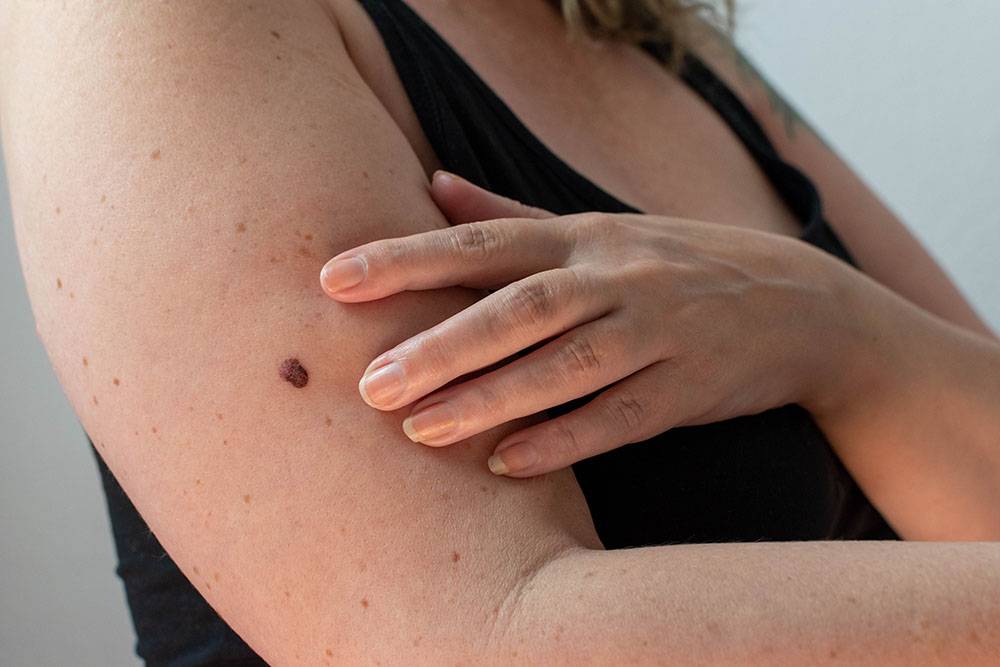
Facing basal cell carcinoma? You're not alone. It's a common type of skin cancer in the US, affecting millions yearly.
Though it can be scary, effective treatments exist. Let's delve into basal cell skin cancer and its treatments.
Basal cell skin cancer starts in basal cells at your skin's bottom layer, often appearing on sun-exposed areas like your face. While rarely life-threatening, ignoring it can lead to serious issues. UV rays from the sun or tanning beds are the main cause.
What happens if you don’t treat basal cell carcinoma? It can grow larger and deeper. This may cause significant damage to your skin and surrounding tissues.
How long does basal cell carcinoma take to spread? It typically grows very slowly over months or even years. Early detection and treatment are key.
Basal cell carcinoma can show up in a few ways. Keep an eye out for:
If you notice anything like this, see your doctor. They'll help determine the best treatment for you.
When it comes to basal cell skin cancer, several treatment methods exist. Each with unique advantages. The treatment for basal cell skin cancer varies based on the cancer's size, location, and overall health.
Mohs surgery removes cancer layer by layer. Surgeons examine each basal cell carcinoma under a microscope until no abnormal cells are left. This method has the highest cure rate and saves as much healthy tissue as possible. As well as needing a skilled surgeon, it can take a lot of time.
Radiation therapy uses high-energy rays to kill cancer cells. It works well for tumors in hard-to-reach areas or for patients who can't have surgery. Radiation for basal cell carcinoma often needs multiple sessions. Side effects can include skin irritation and fatigue.
Topical medications like imiquimod and fluorouracil are non-invasive treatments. These creams help stimulate your immune system to attack cancer cells. They're most effective for superficial basal cell carcinoma. Some drawbacks include skin inflammation and a longer treatment period.
GEIPE uses mild electrical current to disrupt an enzyme vital for cancer cell growth. It targets basal cell carcinoma cells without harming healthy cells.
GEIPE has minimal side effects, doesn't require anesthesia, and leaves no scars. It's a great alternative to surgery or radiation. Studies show GEIPE effectively reduces tumor size and prevents recurrence. Patients often report successful outcomes and a comfortable treatment process.
Understanding and addressing basal cell carcinoma promptly can dramatically improve your health outcomes. Don't let basal cell carcinoma take control; proactive measures can lead you to a healthier future. Learn more about the latest advances in Basal Cell Carcinoma treatment now.
⬤ ⬤ ⬤